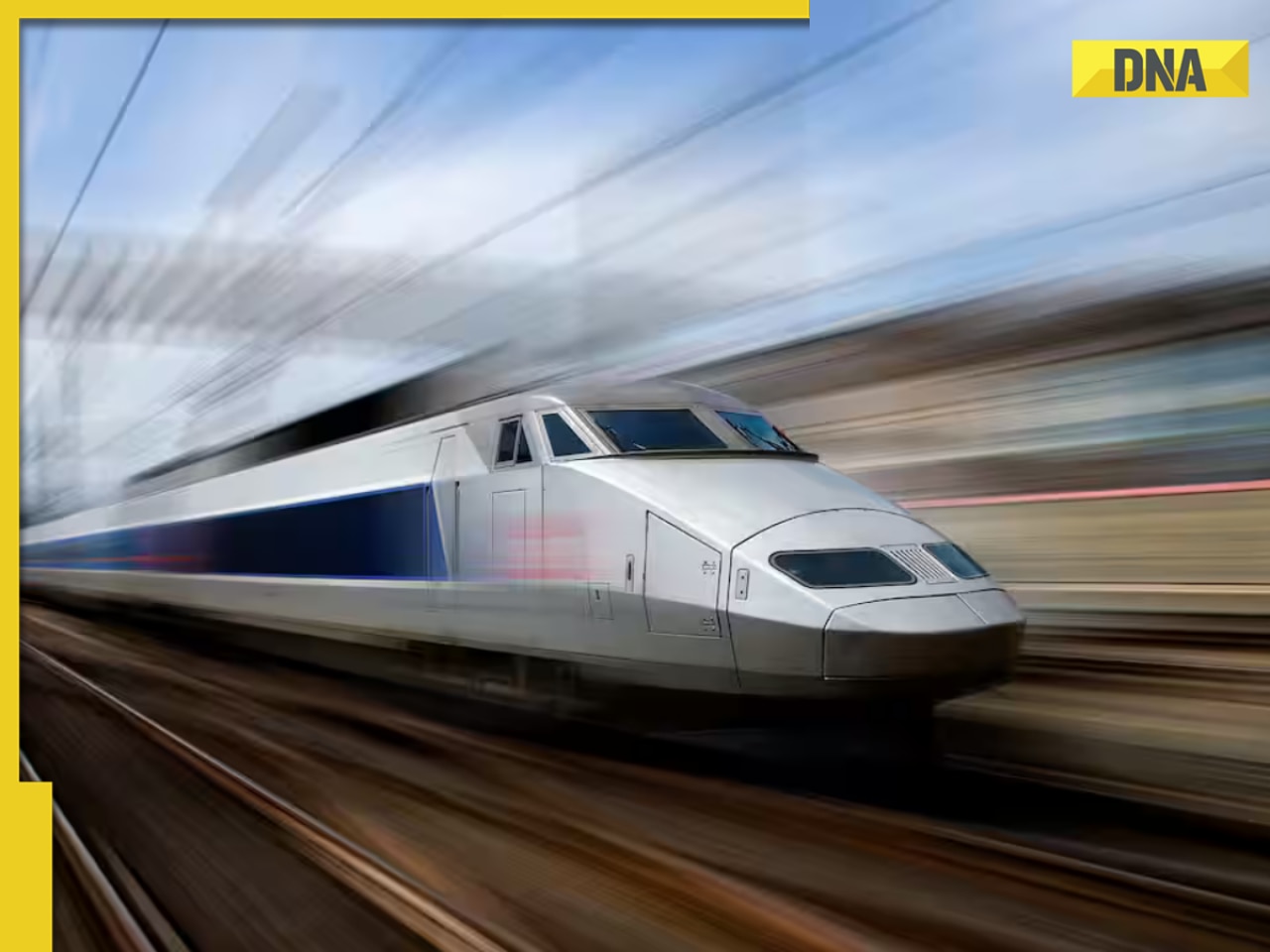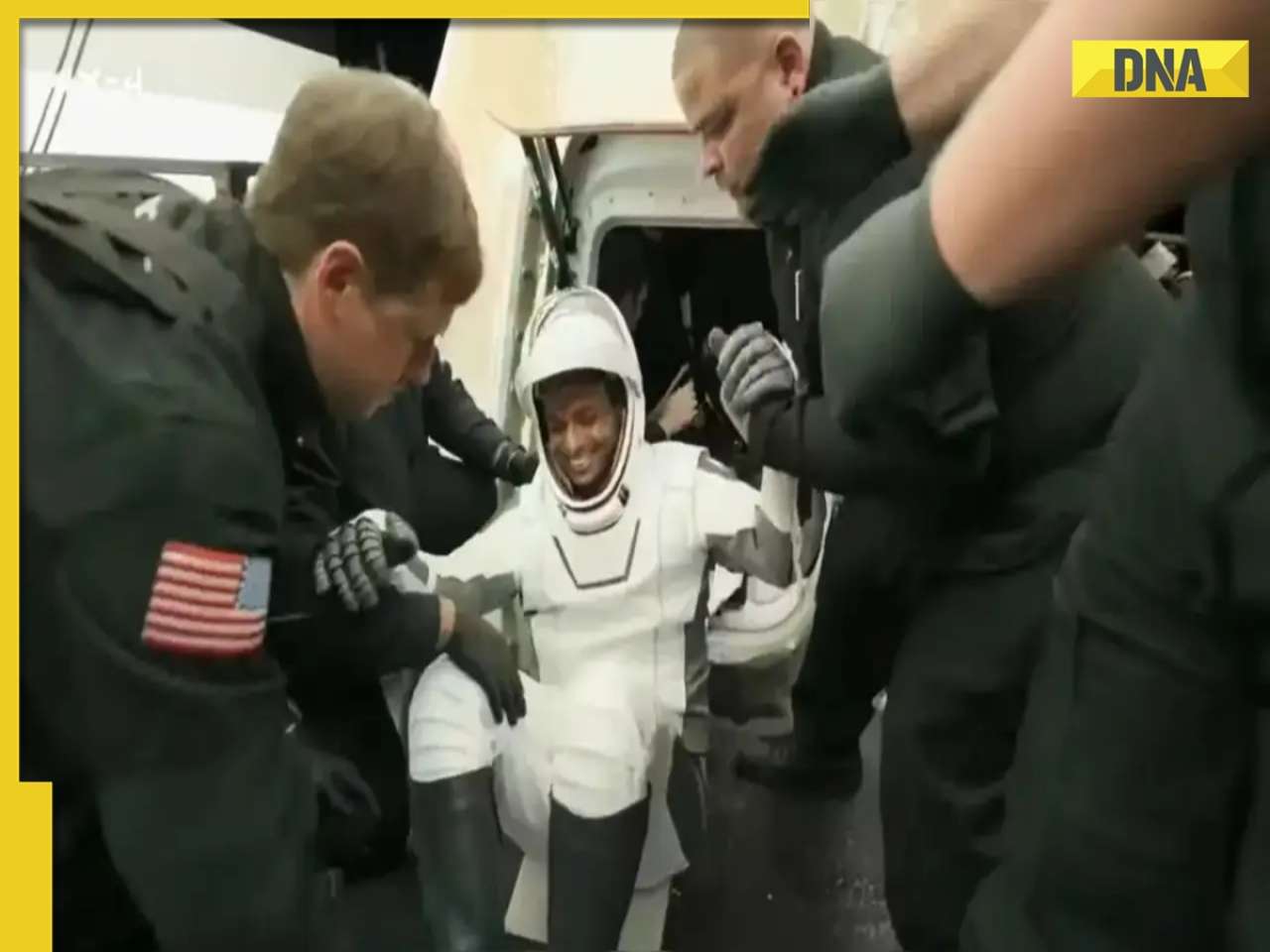The report, opens new tab finds that these economies are poorer today on average than they were on the eve of the COVID-19 pandemic, even as the rest of the world has largely recovered from COVID and resumed its growth trajectory.
The world's 26 poorest countries, home to 40% of the most poverty-stricken people, are more in debt than at any time since 2006 and increasingly vulnerable to natural disasters and other shocks, a new World Bank report showed on Sunday.
The report, opens new tab finds that these economies are poorer today on average than they were on the eve of the COVID-19 pandemic, even as the rest of the world has largely recovered from COVID and resumed its growth trajectory.
Released a week before World Bank and International Monetary Fund annual meetings get underway in Washington, the report confirms a major setback to efforts to eradicate extreme poverty and underscores the World Bank's efforts this year to raise $100 billion to replenish its financing fund for the world's poorest countries, the International Development Association (IDA).
The 26 poorest economies studied, which have annual per-capita incomes of less than $1,145, are increasingly reliant on IDA grants and near-zero interest rate loans as market financing has largely dried up, the World Bank said. Their average debt-to-GDP ratio of 72% is at an 18-year high and half of the group are either in debt distress or at high risk of it.
Most of the countries in the study are in sub-Saharan Africa, from Ethiopia to Chad and Congo, but the list also includes Afghanistan and Yemen.
Two thirds of the 26 poorest countries are either in armed conflicts or have difficulty maintaining order because of institutional and social fragility, which inhibit foreign investment, and nearly all export commodities, exposing them to frequent boom-and-bust cycles, the report said.
"At a time when much of the world simply backed away from the poorest countries, IDA has been their lifeline," World Bank chief economist Indermit Gill said in a statement. "Over the past five years, it has poured most of its financial resources into the 26 low-income economies, keeping them afloat through the historic setbacks they suffered."
IDA normally is replenished every three years with contributions from World Bank shareholding countries. It raised a record $93 billion in 2021 and World Bank President Ajay Banga is aiming to exceed that with more than $100 billion in pledges by Dec. 6.
Natural disasters have also taken a greater toll on these countries over the past decade. Between 2011 and 2023, natural disasters were associated with average annual losses of 2% of GDP, five times the average among lower-middle-income countries, pointing to the need for much higher investment, the World Bank said.
The report also recommended that these economies, which have large informal sectors operating outside their tax systems, do more to help themselves. This includes improving tax collections by simplifying taxpayer registration and tax administration and improving the efficiency of public spending.
(Except for the headline, this story has not been edited by DNA staff and is published from Reuters)
 Mohit Suri reveals Aditya Chopra's first reaction after watching Ahaan Panday, Aneet Padda-starrer Saiyaara: 'What happened to...' | Exclusive
Mohit Suri reveals Aditya Chopra's first reaction after watching Ahaan Panday, Aneet Padda-starrer Saiyaara: 'What happened to...' | Exclusive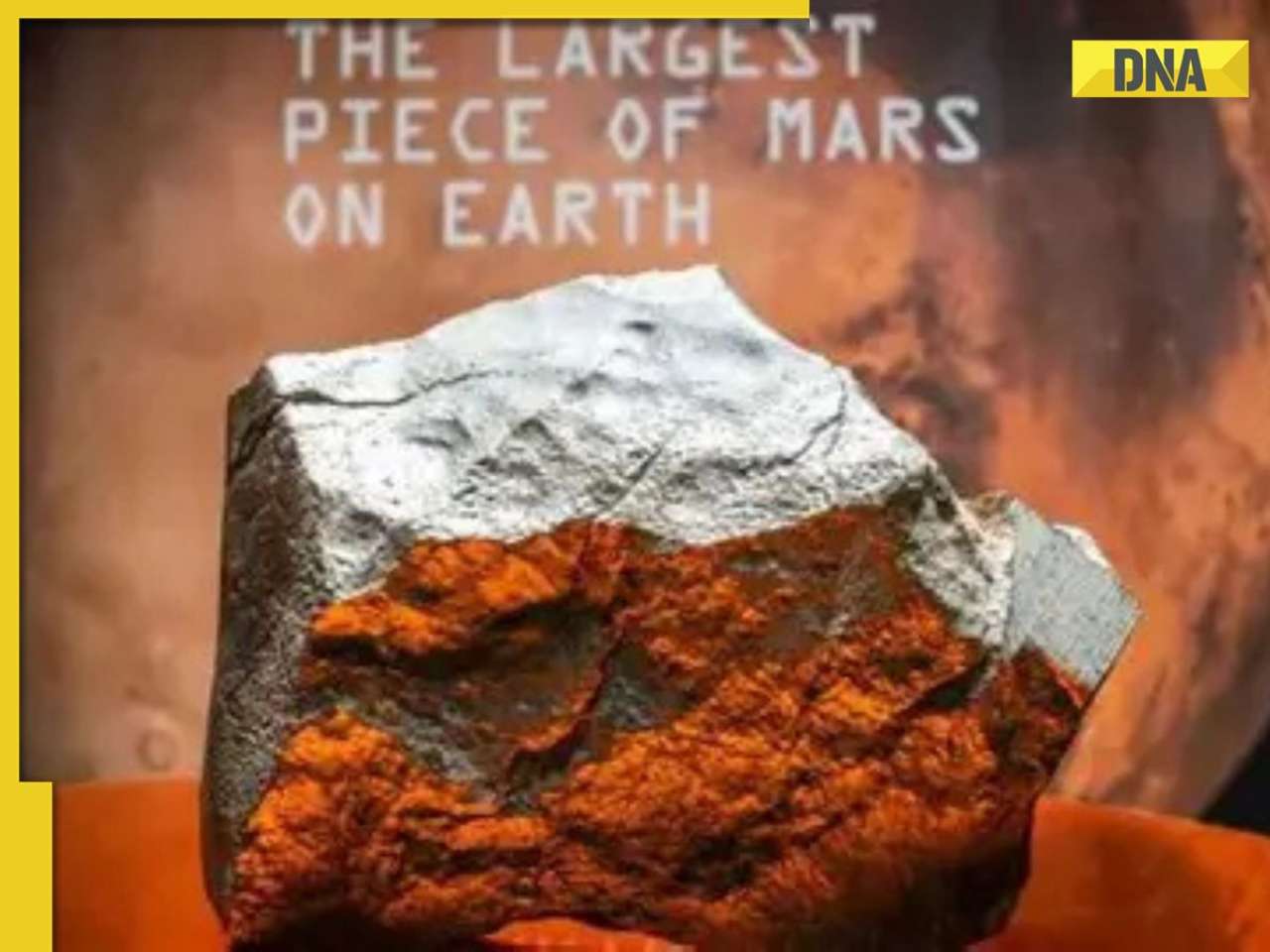 Largest piece of Mars found on earth sold for Rs..., discovered at Sahara Desert, it weighs..., know how it reached earth
Largest piece of Mars found on earth sold for Rs..., discovered at Sahara Desert, it weighs..., know how it reached earth UIDAI deactivates Aadhar of deceased persons, disables over 1 crore numbers, starts new service for...
UIDAI deactivates Aadhar of deceased persons, disables over 1 crore numbers, starts new service for...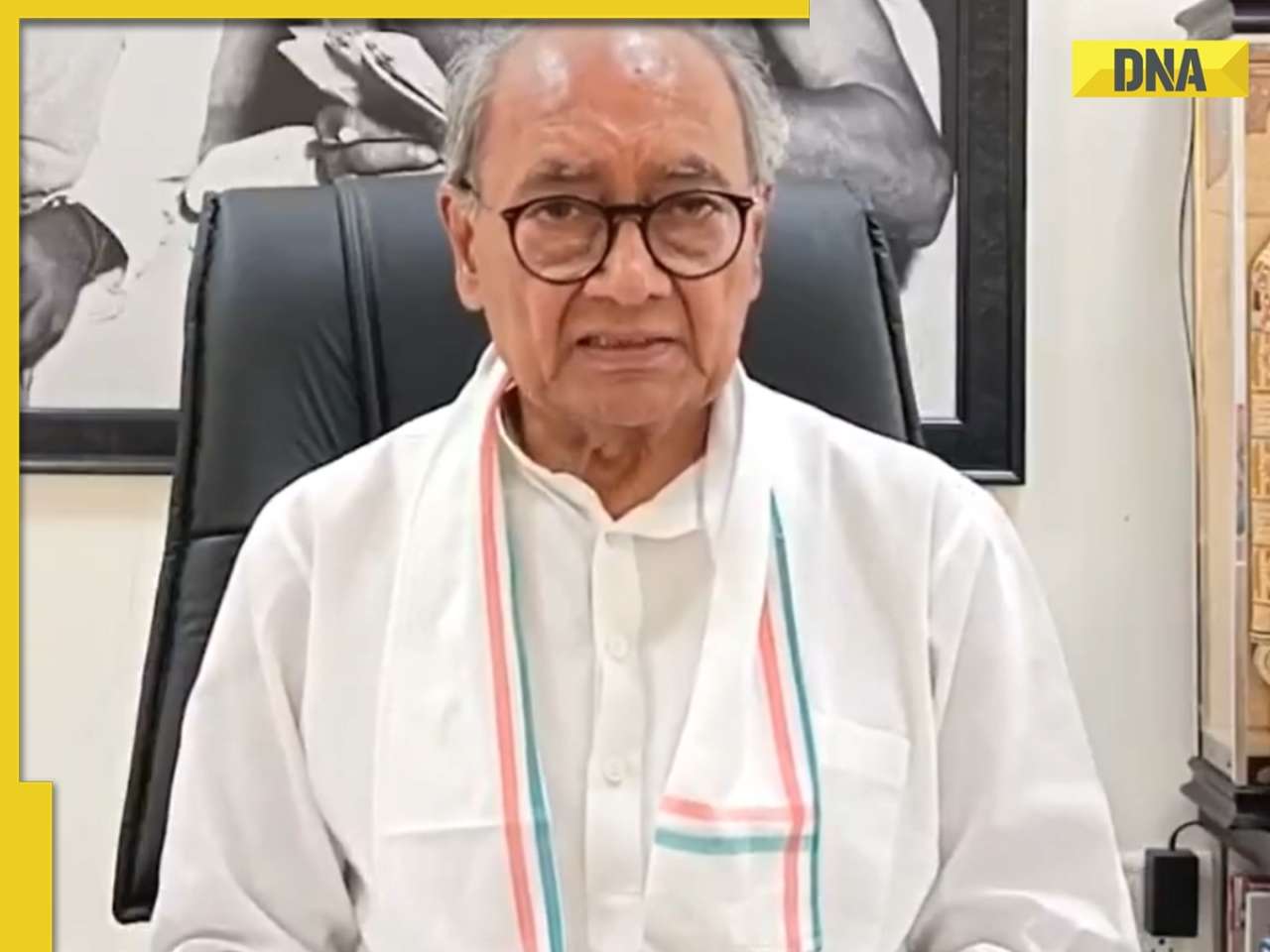 DNA TV Show: Digvijaya Singh's post on Kanwar Yatra stirs row
DNA TV Show: Digvijaya Singh's post on Kanwar Yatra stirs row Blood crisis solved! This country developed universal artificial blood, beneficial in surgeries, emergencies, it's colour is...
Blood crisis solved! This country developed universal artificial blood, beneficial in surgeries, emergencies, it's colour is...  7 mesmerising images of star formation captured by NASA
7 mesmerising images of star formation captured by NASA What is brain fog? 7 Ways to overcome it
What is brain fog? 7 Ways to overcome it Sawan 2025: Move beyond Tip Tip Barsa Paani, this rainy season groove on these sizzling songs
Sawan 2025: Move beyond Tip Tip Barsa Paani, this rainy season groove on these sizzling songs Kang Seo‑ha to Kim Sae‑ron: K‑drama, K-pop icons we lost recently
Kang Seo‑ha to Kim Sae‑ron: K‑drama, K-pop icons we lost recently Our Golden Days, My Lovely Journey, Beyond the Bar: 8 must-watch K-dramas in August 2025
Our Golden Days, My Lovely Journey, Beyond the Bar: 8 must-watch K-dramas in August 2025 Shubhanshu Shukla News: What Astronaut Shubhanshu Shukla's Wife Has Planned For His Homecoming
Shubhanshu Shukla News: What Astronaut Shubhanshu Shukla's Wife Has Planned For His Homecoming Israeli Man Seeks Custody Of Daughters Found In Karnataka Cave | Karnataka News
Israeli Man Seeks Custody Of Daughters Found In Karnataka Cave | Karnataka News Israel Attacks Syria: Trump Admin Voices Concern Over Syria Strikes | USA On Israel Syria
Israel Attacks Syria: Trump Admin Voices Concern Over Syria Strikes | USA On Israel Syria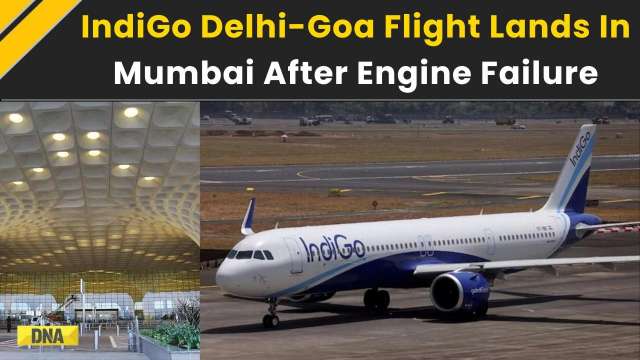 Delhi-Goa IndiGo Plane Makes Emergency Landing In Mumbai | Indigo News
Delhi-Goa IndiGo Plane Makes Emergency Landing In Mumbai | Indigo News Trump News: India-US Trade Deal In Works, Donald Trump Hints Progress | US News
Trump News: India-US Trade Deal In Works, Donald Trump Hints Progress | US News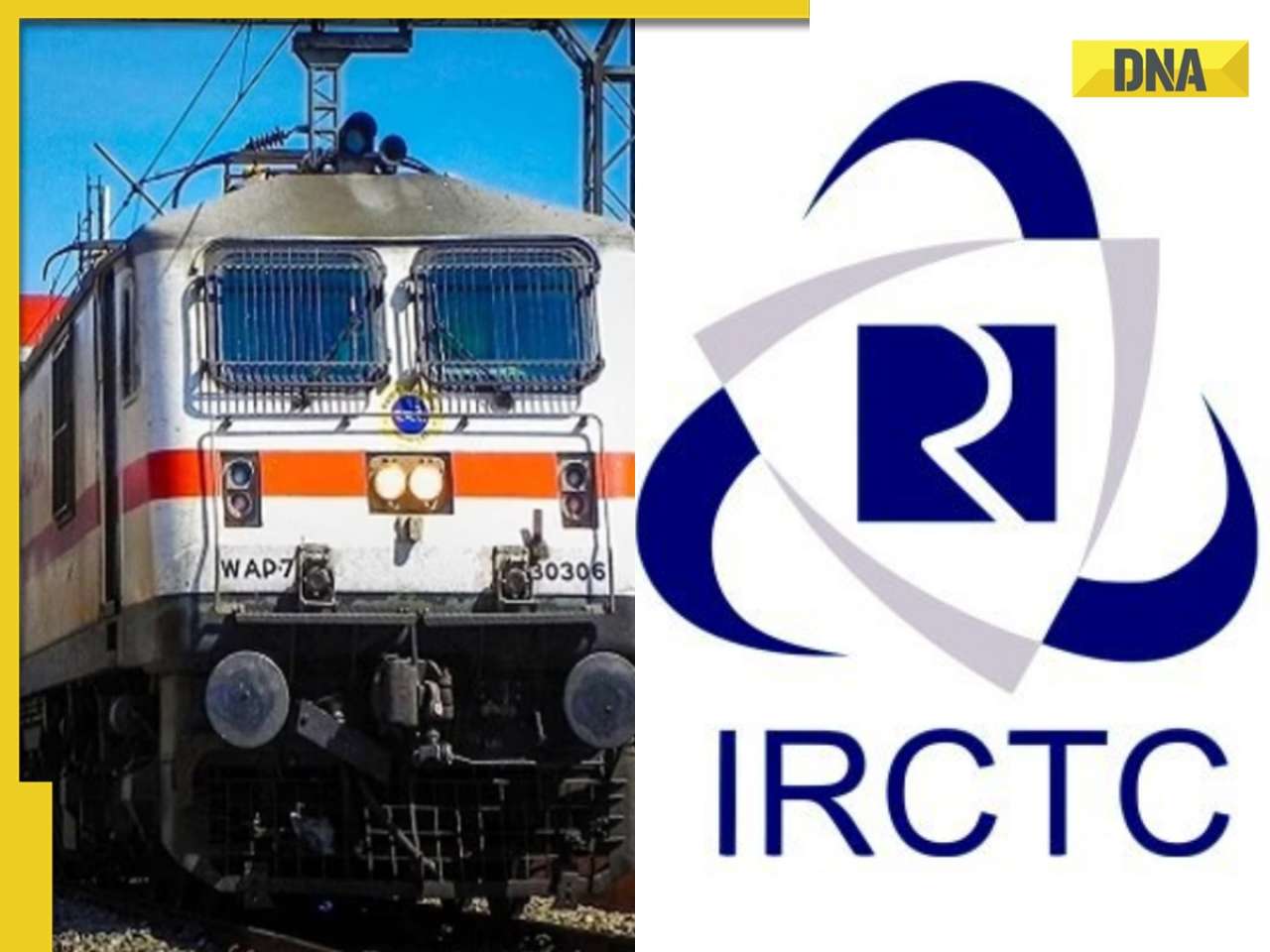 No OTP, no Tatkal ticket: Indian Railways makes Aadhaar OTP verification mandatory for online Tatkal booking; check details
No OTP, no Tatkal ticket: Indian Railways makes Aadhaar OTP verification mandatory for online Tatkal booking; check details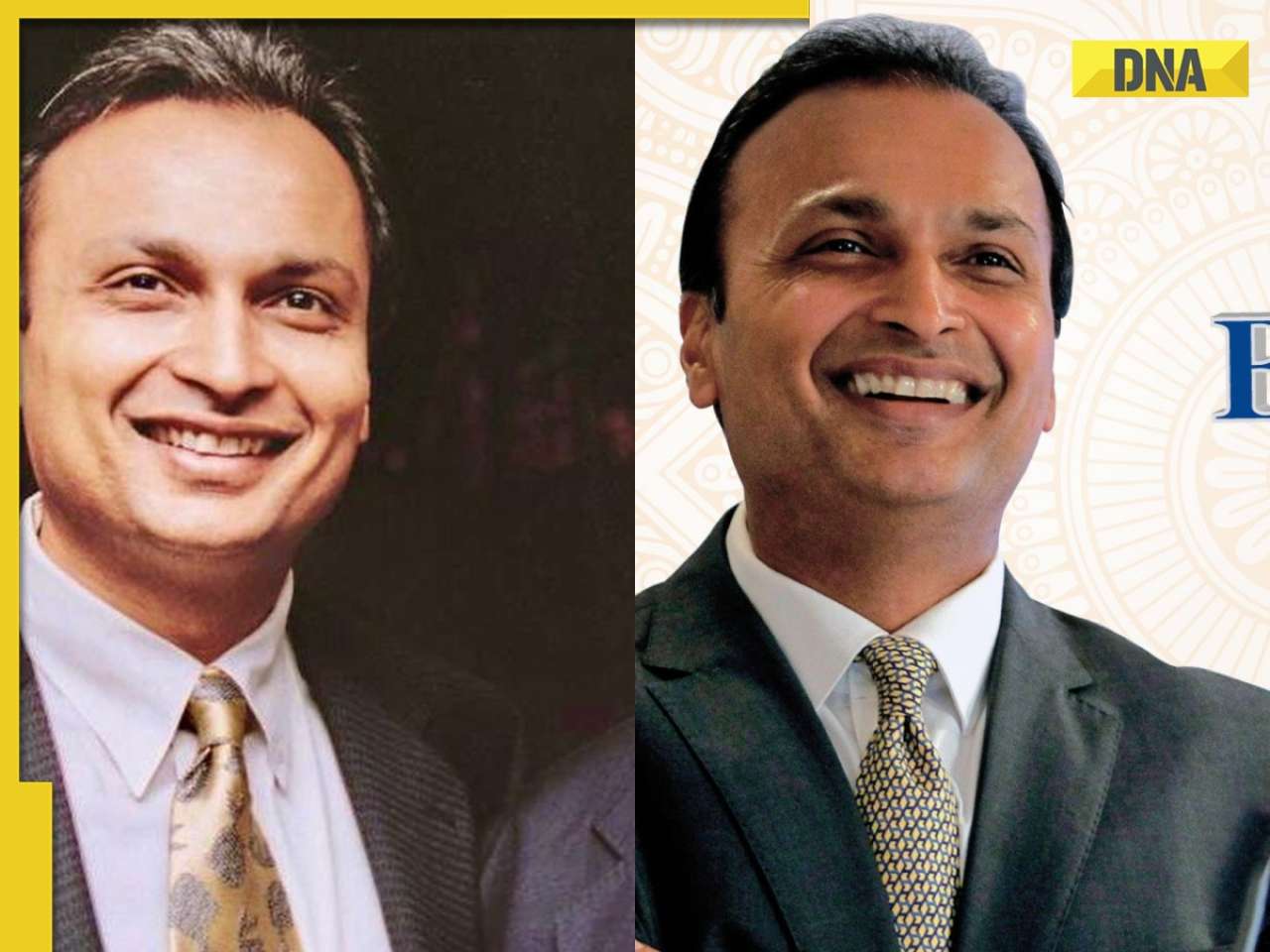 Anil Ambani's Reliance Infra, RPower make BIG move to raise Rs 18000 crore through...
Anil Ambani's Reliance Infra, RPower make BIG move to raise Rs 18000 crore through...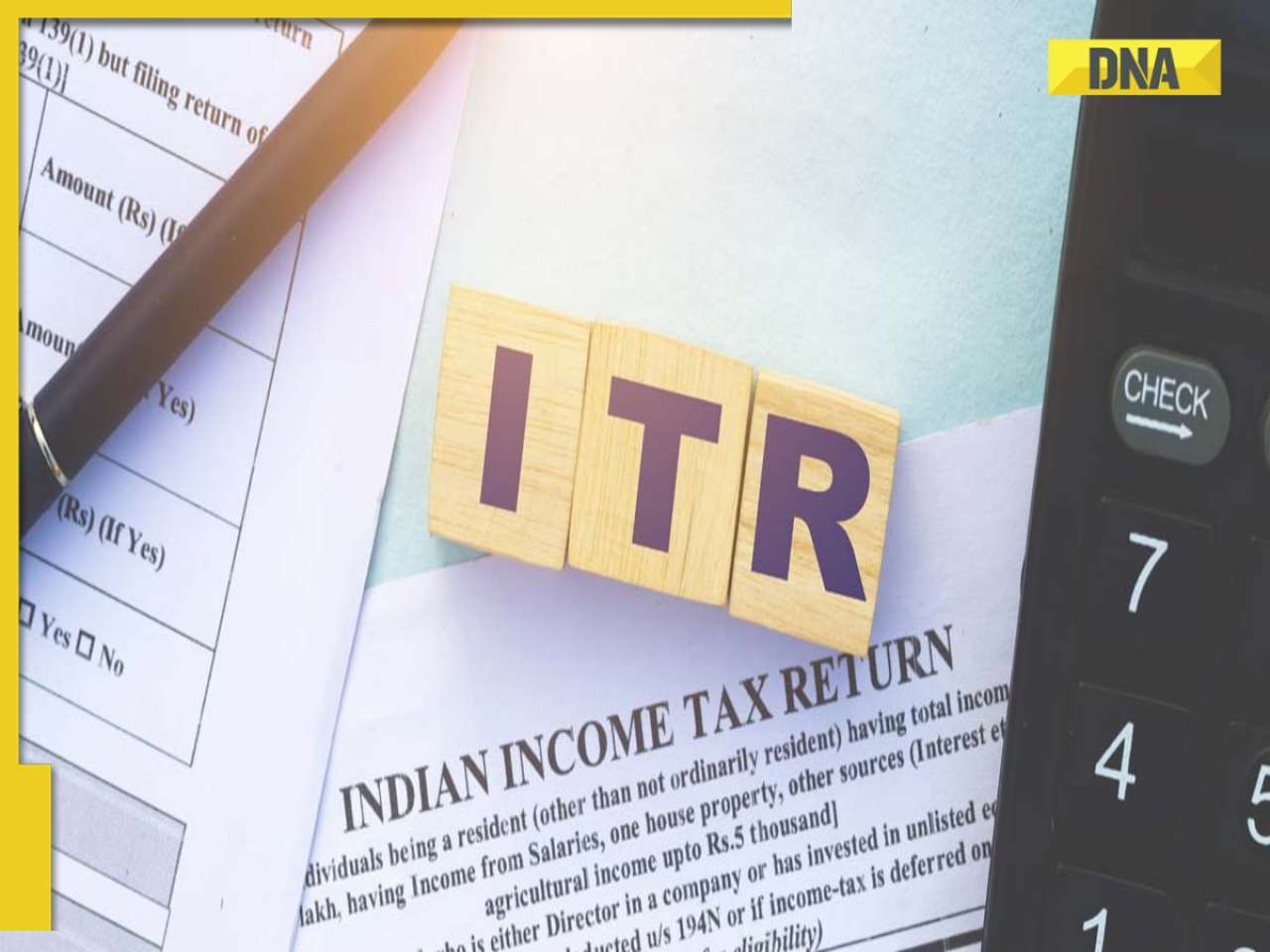 ITR Filing 2025: Don't panic if you receive Income Tax Department notice, take THESE steps...
ITR Filing 2025: Don't panic if you receive Income Tax Department notice, take THESE steps...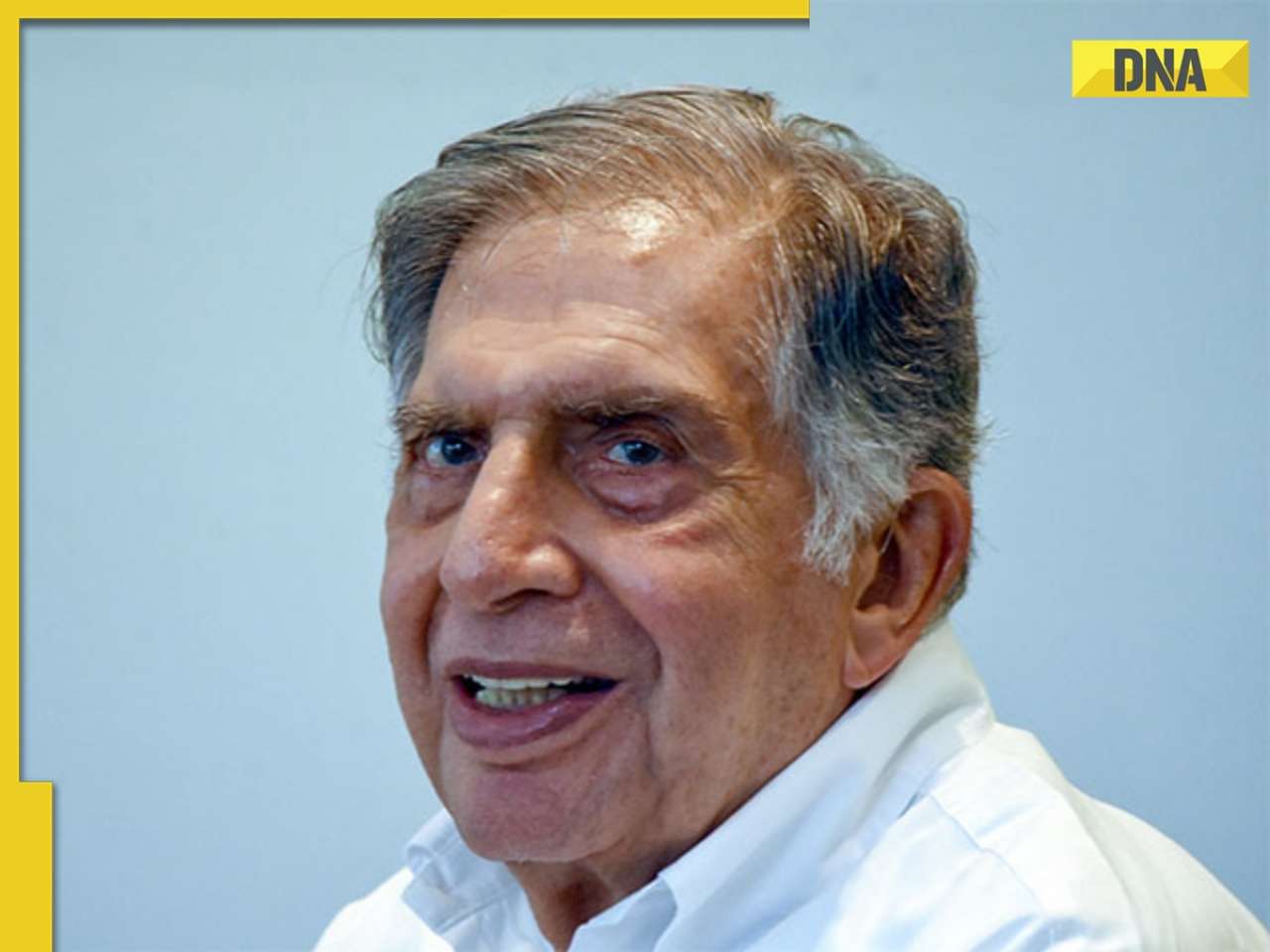 Good news for TCS employees as Ratan Tata's firm announces 100 percent variable pay for THESE employees, check here
Good news for TCS employees as Ratan Tata's firm announces 100 percent variable pay for THESE employees, check here  After approval, Starlink to offer fastest internet speed ranging from..., know what more it offers in India
After approval, Starlink to offer fastest internet speed ranging from..., know what more it offers in India  From Sheila Ki Jawani, Kala Chashma to Kamli: Katrina Kaif unforgettable dance numbers
From Sheila Ki Jawani, Kala Chashma to Kamli: Katrina Kaif unforgettable dance numbers  Is Katrina Kaif 'Runaway Bride' of Bollywood? 5 times actress has run away from weddings in films
Is Katrina Kaif 'Runaway Bride' of Bollywood? 5 times actress has run away from weddings in films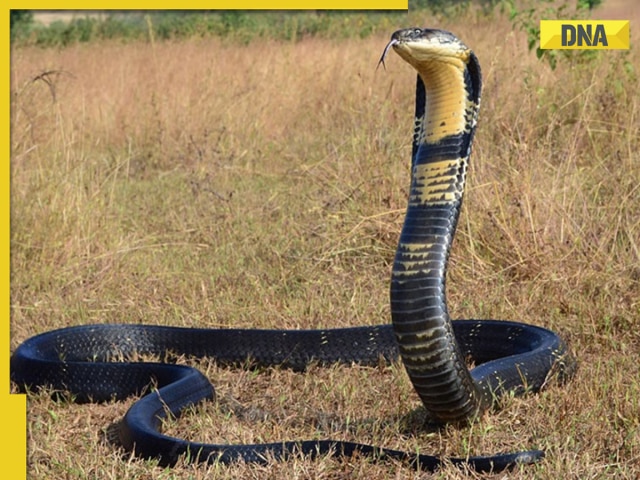 World Snake Day 2025: Why are cobras the most dangerous snakes? List of world's 10 deadliest snakes
World Snake Day 2025: Why are cobras the most dangerous snakes? List of world's 10 deadliest snakes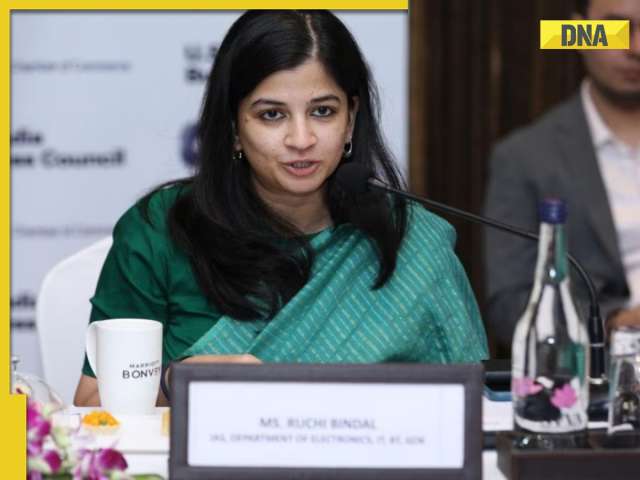 Meet woman who failed four times in UPSC exam and finally cracked it with AIR..., is now CEO of...
Meet woman who failed four times in UPSC exam and finally cracked it with AIR..., is now CEO of... 10 countries with most beautiful women in the world, Russia, USA, Greece, make it to the list, you won’t believe who’s number 1
10 countries with most beautiful women in the world, Russia, USA, Greece, make it to the list, you won’t believe who’s number 1 UIDAI deactivates Aadhar of deceased persons, disables over 1 crore numbers, starts new service for...
UIDAI deactivates Aadhar of deceased persons, disables over 1 crore numbers, starts new service for...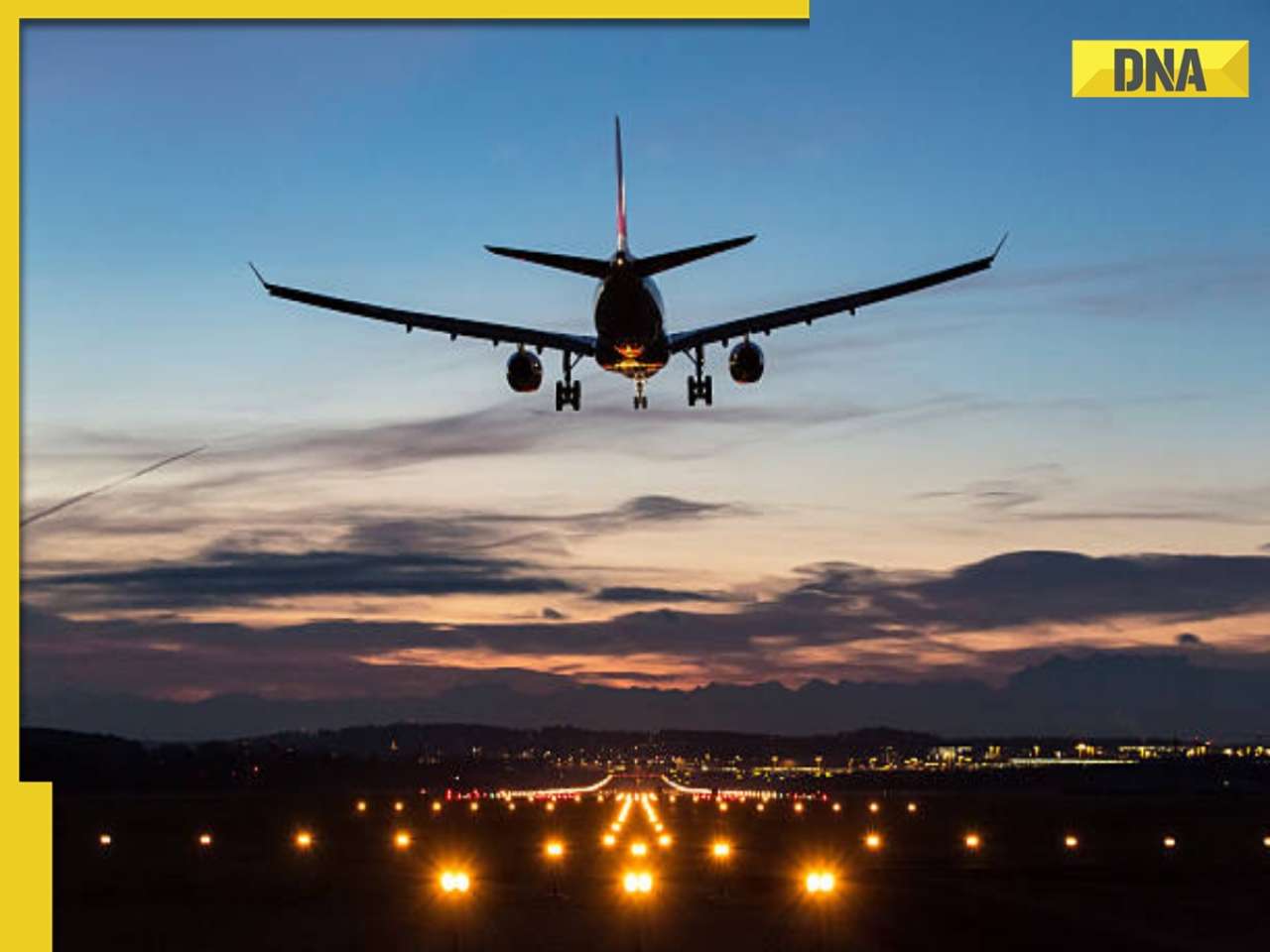 Delhi-Goa IndiGo flight makes emergency landing due to a mid-air engine failure
Delhi-Goa IndiGo flight makes emergency landing due to a mid-air engine failure Who is Aditya Saurabh? Cracked UPSC with impressive AIR, became IRS officer, now arrested for...
Who is Aditya Saurabh? Cracked UPSC with impressive AIR, became IRS officer, now arrested for... 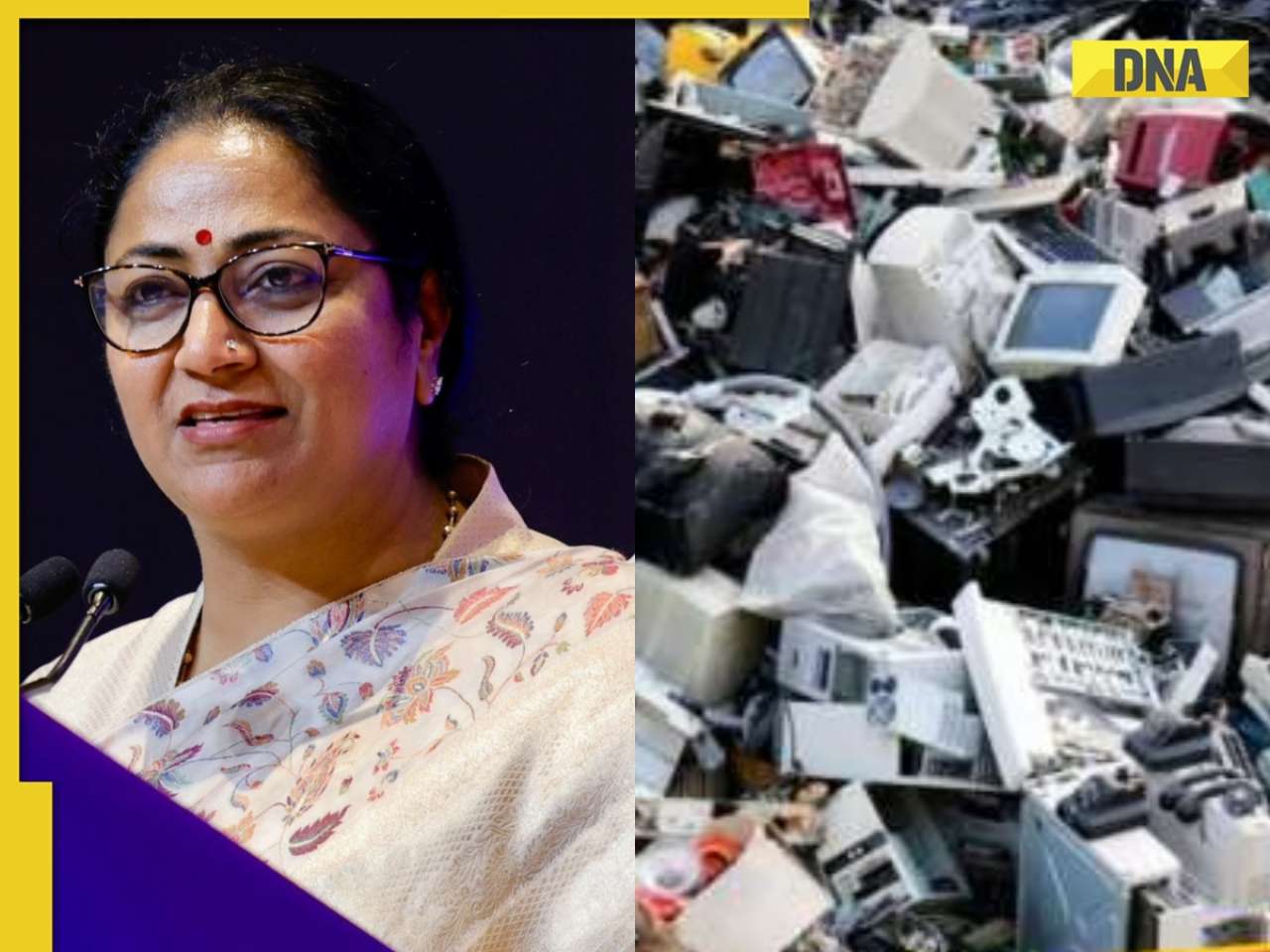 Delhi set to launch India's first net-zero e-waste park in...; its cost is Rs...
Delhi set to launch India's first net-zero e-waste park in...; its cost is Rs... Delhi Police makes SHOCKING statement, bomb threat emails sent to schools and colleges via..., makes difficult to probe due to...
Delhi Police makes SHOCKING statement, bomb threat emails sent to schools and colleges via..., makes difficult to probe due to...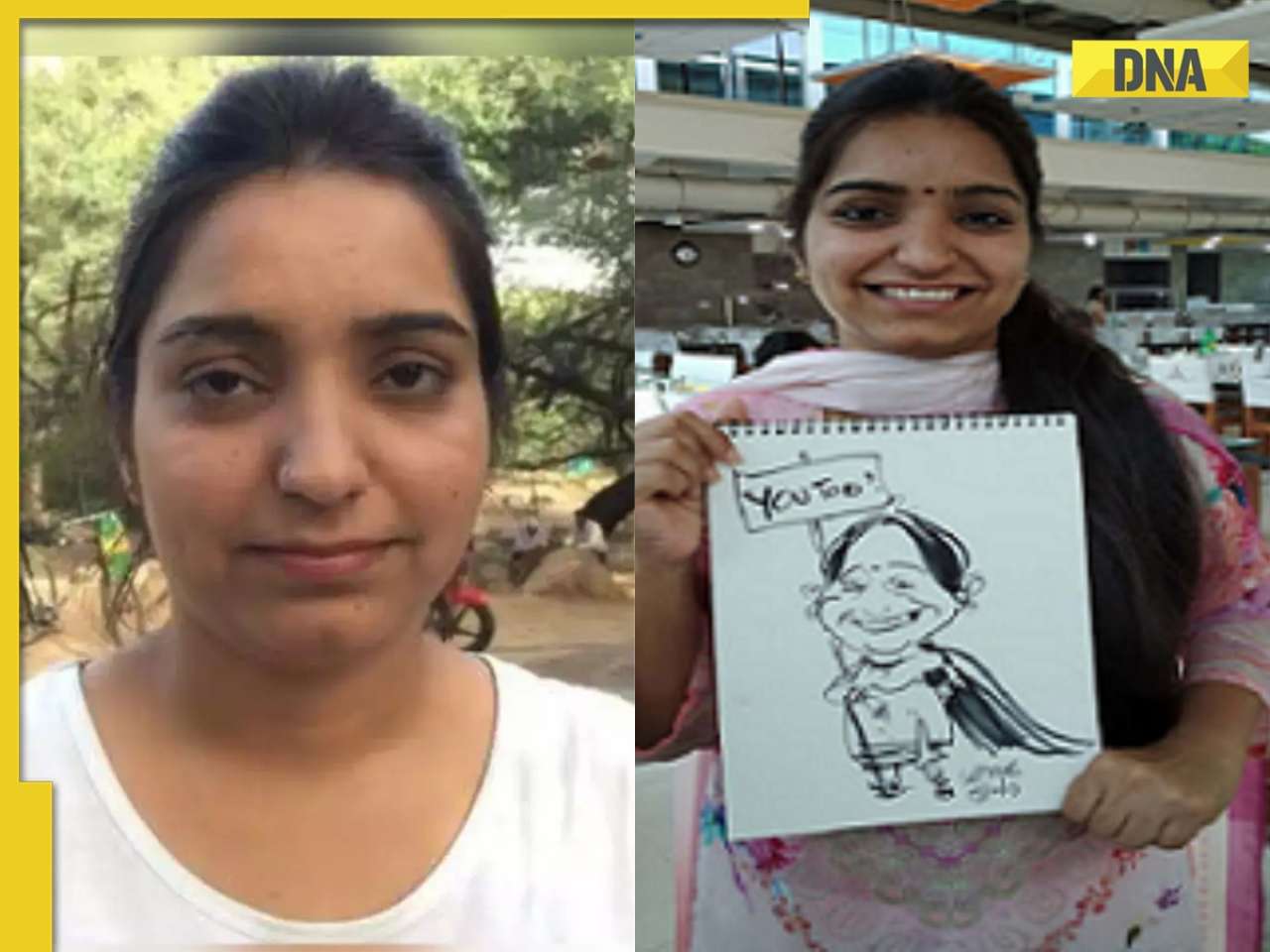 Meet woman, daughter of DTC bus driver, a JNU alumna who battled financial woes, later cracked UPSC with AIR..., she is...
Meet woman, daughter of DTC bus driver, a JNU alumna who battled financial woes, later cracked UPSC with AIR..., she is... Meet woman, DU grad, who cleared UPSC in her last attempt with AIR..., later became IAS officer, is 'perfect example of beauty with brain', she is...
Meet woman, DU grad, who cleared UPSC in her last attempt with AIR..., later became IAS officer, is 'perfect example of beauty with brain', she is...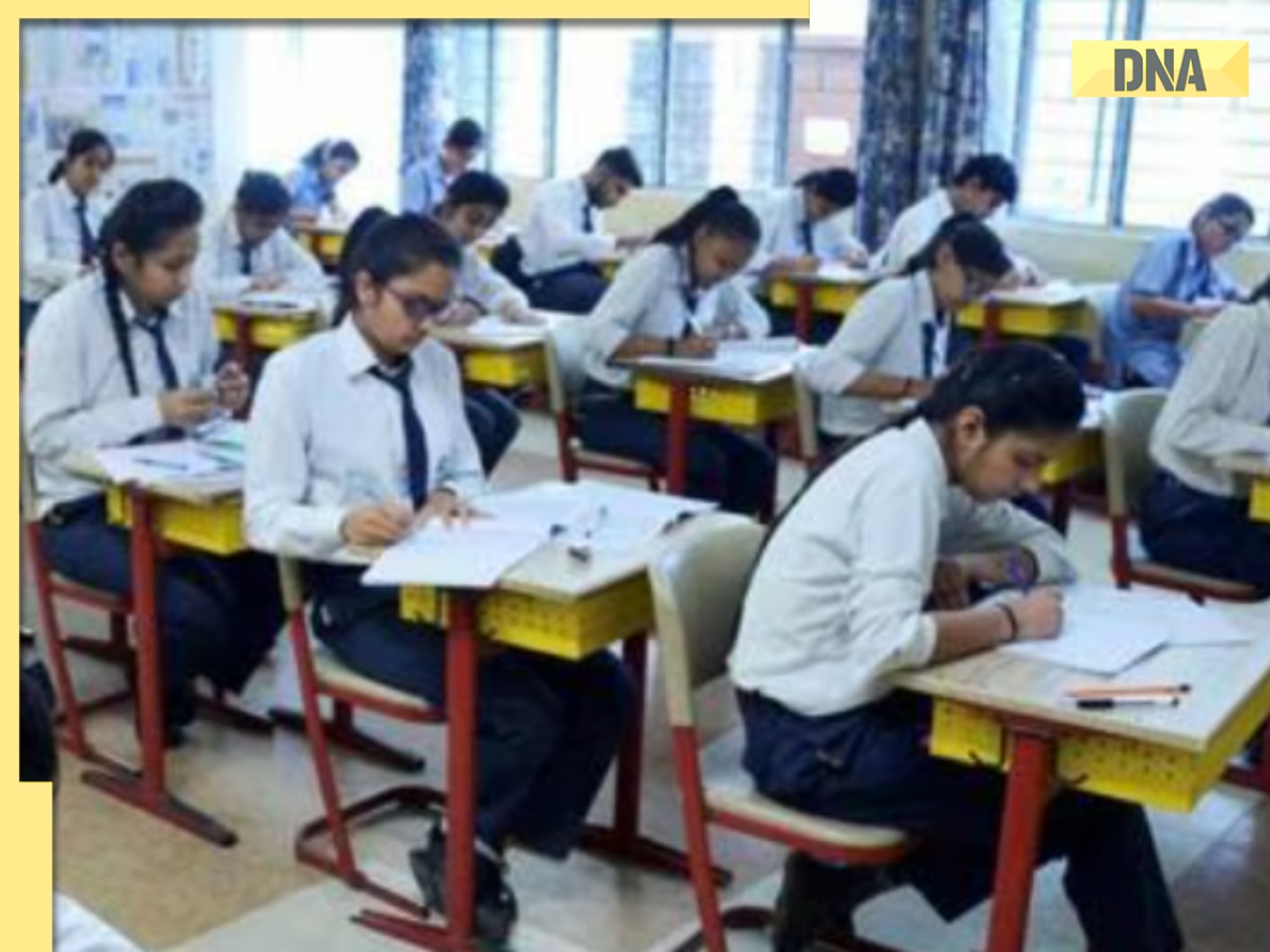 CBSE pushes for 'Oil Boards’, healthy meals in new circular to schools: Check details
CBSE pushes for 'Oil Boards’, healthy meals in new circular to schools: Check details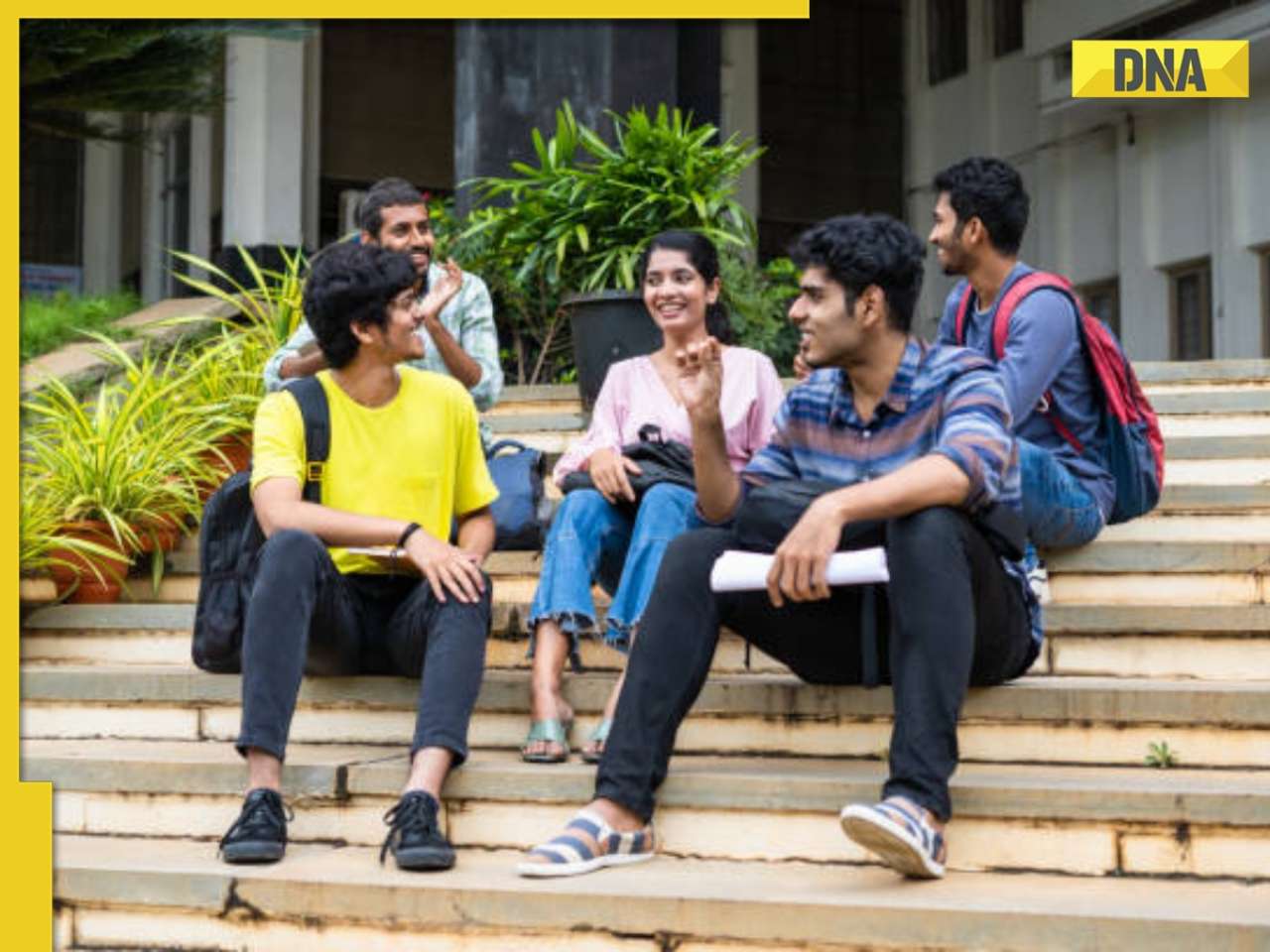 This college records Rs 10000000 placement package for 2025 batch, not IIT Delhi, IIT Bombay, IIM Ahmedabad, it is...
This college records Rs 10000000 placement package for 2025 batch, not IIT Delhi, IIT Bombay, IIM Ahmedabad, it is... Meet man, who worked as waiter, later cracked UPSC exam in 7th attempt with AIR...
Meet man, who worked as waiter, later cracked UPSC exam in 7th attempt with AIR... This luxury car is first choice of Indians, even left BMW, Jaguar, Audi behind in sales, it is...
This luxury car is first choice of Indians, even left BMW, Jaguar, Audi behind in sales, it is... Kia India unveils Carens Clavis: Check features, design changes, price and more; bookings open on...
Kia India unveils Carens Clavis: Check features, design changes, price and more; bookings open on... Tesla CEO Elon Musk launches most affordable Cybertruck, but it costs Rs 830000 more than older version, it is worth Rs...
Tesla CEO Elon Musk launches most affordable Cybertruck, but it costs Rs 830000 more than older version, it is worth Rs... Planning to buy a Maruti Suzuki car? Prices set to rise by 4% from...
Planning to buy a Maruti Suzuki car? Prices set to rise by 4% from... Audi launches Audi RS Q8 2025 in India: Know price, specifications and unique features
Audi launches Audi RS Q8 2025 in India: Know price, specifications and unique features 






)
)
)
)
)
)
)
)
)
)
)
)
)
)
)
)
